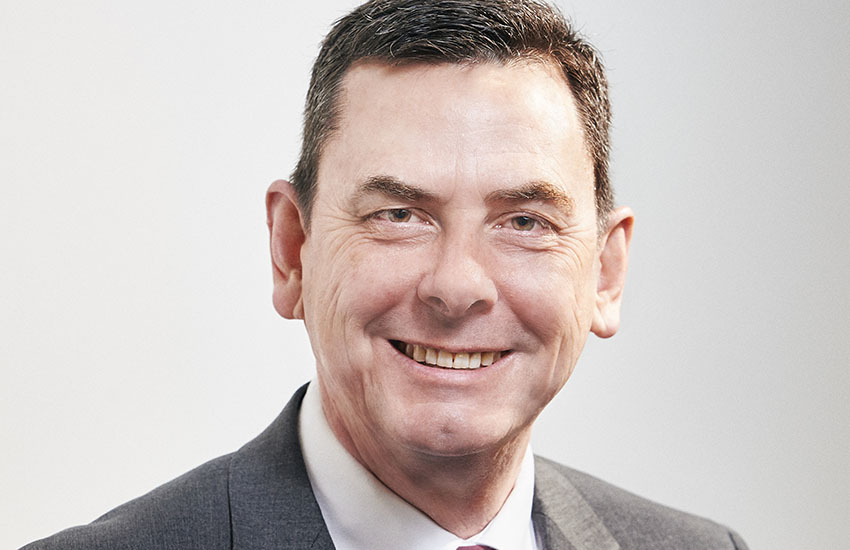The TPB is now proposing a yearly 40 hours minimum continuing professional education (CPE) requirement for all practitioners, in place of the current 90 hours for tax agents, 45 hours for BAS agents and 60 hours for tax (financial) advisers to be completed over a three-year period.
The change means the flexibility of the three-year period, where tax agents could meet a minimum of 10 hours in a year and make up for it over the next two years, will be dumped for a straight 40 hours minimum requirement each year.
You’re out of free articles for this month
For BAS agents, the jump will be most stark from the current minimum of five hours each year to 40 hours per annum — an eight-fold jump.
Conditional agents, such as those with registrations limited to quantity surveying or fuel tax credits, will still be afforded a lower CPE requirement.
The proposal, released as part of the TPB’s discussion paper into its review of CPE, comes after its last review of CPE for tax and BAS agents in 2012 and tax (financial) agents in 2014.
The proposed change comes as the TPB seeks to simplify regulatory compliance and align more closely with the Financial Adviser Standards and Ethics Board’s (FASEA) requirements, which currently stand at 40 hours each year.
The TPB also believes the change will bring it in line with the requirements of the major accounting bodies, which currently require a minimum of 120 hours over three years.
However, CPA Australia’s general manager of external affairs, Paul Drum, believes the TPB’s proposal will be more restrictive than the accounting body’s current requirements.
“In recognition of the ebbs and flows of the professional and personal lives of members, CPA Australia’s professional development requirement is spread over three years,” Mr Drum told Accountants Daily.
“This acknowledges that there will be years where more professional development will be required because of, for instance, a major law change, and other years where work or personal commitments make it more difficult to undertake professional development.
“A hard 40 hours target per annum does not take into account the different circumstances people may find themselves in one year or another, for example, a health concern or recovering from a natural disaster.”
Likewise, the Tax Institute’s president, Peter Godber, believes the TPB’s proposal fails to recognise the flexibility afforded to practitioners under the current three-year minimum requirement period.
“This is a significant increase in the amount of time that busy practitioners will need to carve out to meet their CPE to maintain their registration with the Tax Practitioners Board,” Mr Godber said.
“Thought will need to be given to how practitioners at different stages in their careers and lives, such as practitioners on long periods of leave, will be able to meet these requirements.”
Further changes
The TPB has also put forward the idea of increasing the current six-year record-keeping requirement for CPE records to seven years.
It believes doing so will align itself with FASEA’s requirements and provide for “streamlined regulatory compliance and avoidance of confusion”.
The TPB also proposes to clarify that an adviser meeting FASEA’s CPE minimum hours would likely meet the TPB CPE requirements.
Further, the TPB is considering making recommendations as to particular areas of CPE a tax practitioner should complete, despite stating that it will continue with a non-prescriptive approach and allowing practitioners to exercise professional judgement.
The TPB is currently seeking feedback on the discussion paper and its proposed changes before publishing exposure draft documents that will be subject to a separate consultation period.
The discussion paper can be viewed in full here, with the closing date for submissions being 18 March.

 Login
Login







